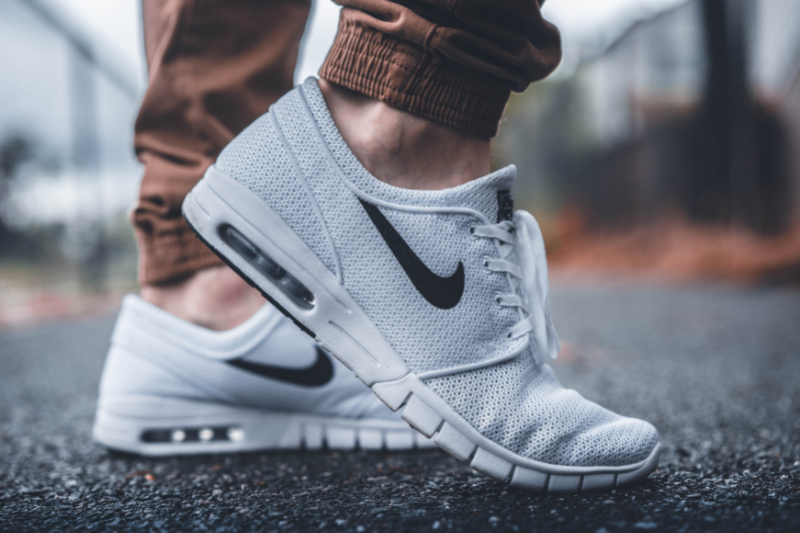2022 Consumer Goods Mid-Year Review: Will Inflation Dampen Sheng Siong’s Growth?

It’s time once again for a mid-year review, and we had just concluded our reviews of the banking and semiconductor sectors which you can find here and here.
Headlines are filled with news of inflation hitting highs not seen in many years.
In the US, inflation has touched 9.1%, a 41-year high, while in Singapore, core inflation has hit 3.6%, a level not seen in the last 13 years.
The most pronounced effect of high inflation is a decline in consumer spending, as more people will cut back as the prices of goods and services increase.
Hence, we are turning our attention to the consumer goods sector to assess the impact of high inflation on a raft of businesses.
To add fuel to the fire, many economists are also predicting a possible recession due to the US Federal Reserve’s sharp hike in interest rates.
The resulting combination, aptly termed “stagflation” (a combination of the words “stagnation” and “inflation”) could exert a more adverse impact on consumer demand.
Necessity-based spending
Companies that sell necessities, such as retailer Sheng Siong Group Ltd (SGX: OV8), may experience lower impact from stagflation.
Higher prices may cause households to budget more carefully, but they are unlikely to affect demand for basic goods and services such as rice, oil, and foodstuffs.
Similarly, DFI Retail Group (SGX: D01), which operates Cold Storage supermarket and Giant hypermarket, should see steady demand during a downturn.
If you are an income-driven investor looking to own REITs that pay out a dependable dividend, you can look for those that own high-quality retail properties anchored on necessity-based spending.
Frasers Centrepoint Trust (SGX: J69U), or FCT, owns nine suburban retail malls located in Singapore’s heartland areas.
Slightly more than half of its gross rental income comprises essential services that are regularly patronised by shoppers, making the retail REIT resilient to recessions.
United Hampshire US REIT (SGX: ODBU) is another example.
The US-based REIT owns 20 grocery and necessity-based shopping centres with tenants that are unaffected by economic cycles.
The allure of pricing power
On another note, consumer companies with strong, reputable brands have pricing power that enables them to shake off the effects of any slowdown.
A prime example is Apple (NASDAQ: AAPL), the most valuable company in the world with a market capitalisation of US$2.4 trillion.
The iPhone inventor has a loyal following of fans that lap up every new iteration of the company’s products, ranging from smartwatches and tablets to subscription services such as Apple TV and Apple Pay.
This fervent following enables the California-based company to price its products higher to offset the effects of inflation.
The same pricing power is also present for companies such as Nike (NYSE: NKE) and Starbucks (NASDAQ: SBUX), both of which are market leaders in their respective industries.
Nike is well-known for its innovative footwear that grace the feet of international stars, and its market leadership and digital presence will allow the sports giant to continue to enjoy steady growth in sales.
Starbucks is one of the world’s largest coffee chains with more than 34,000 outlets across the world, and its popularity with a generation of young adults will ensure the company can continue to generate healthy sales and cash flow even if a recession hits.
Discretionary spending may be hit
While essential spending should remain robust, the same can’t be said for discretionary consumer goods.
Both inflation and an economic downturn will make people tighten their purse strings and cut back on unnecessary spending.
Companies that sell luxury goods or offer services such as leisure travel may see demand fall in the wake of a recession.
The Hour Glass Limited (SGX: AGS), which has 50 boutiques across Asia selling luxury timepieces, could see a fall in sales as demand wanes for its products.
The same can be said for businesses such as Ralph Lauren (NYSE: RL), Prada (SEHK: 1913) and Estee Lauder (NYSE: EL).
These companies sell luxury apparel, handbags, and cosmetics/fragrances, respectively, and could see demand fall in tandem with a decline in economic growth.
More people may also cut back on taking vacations to conserve cash, this lower level of spending will negatively impact luggage manufacturer cum retailer Samsonite International (SEHK: 1910) and cruise liner Royal Caribbean Cruises Ltd (NYSE: RCL).
Get Smart: Be selective
It’s important to select the consumer goods companies that have demonstrated the ability to weather economic cycles.
As seen above, companies with pricing power and those selling essential goods and services stand a better chance of weathering the coming storm.
As an investor, you should strive to include more of such companies within your portfolio to make it more resilient.
Can you really make money during a recession? Our team has done it multiple times throughout our investing career. And in our upcoming webinar, we’ll reveal our strategies to successful investing during a downturn. Plus, uncover the mindset “secrets” to stay calm, focused and to make smarter investing decisions. Click here to reserve a FREE seat in our “How to make money during a recession” webinar!
Follow us on Facebook and Telegram for the latest investing news and analyses!
Disclaimer: Royston Yang owns shares of Apple, Nike and Starbucks.
The post 2022 Consumer Goods Mid-Year Review: Will Inflation Dampen Sheng Siong’s Growth? appeared first on The Smart Investor.


